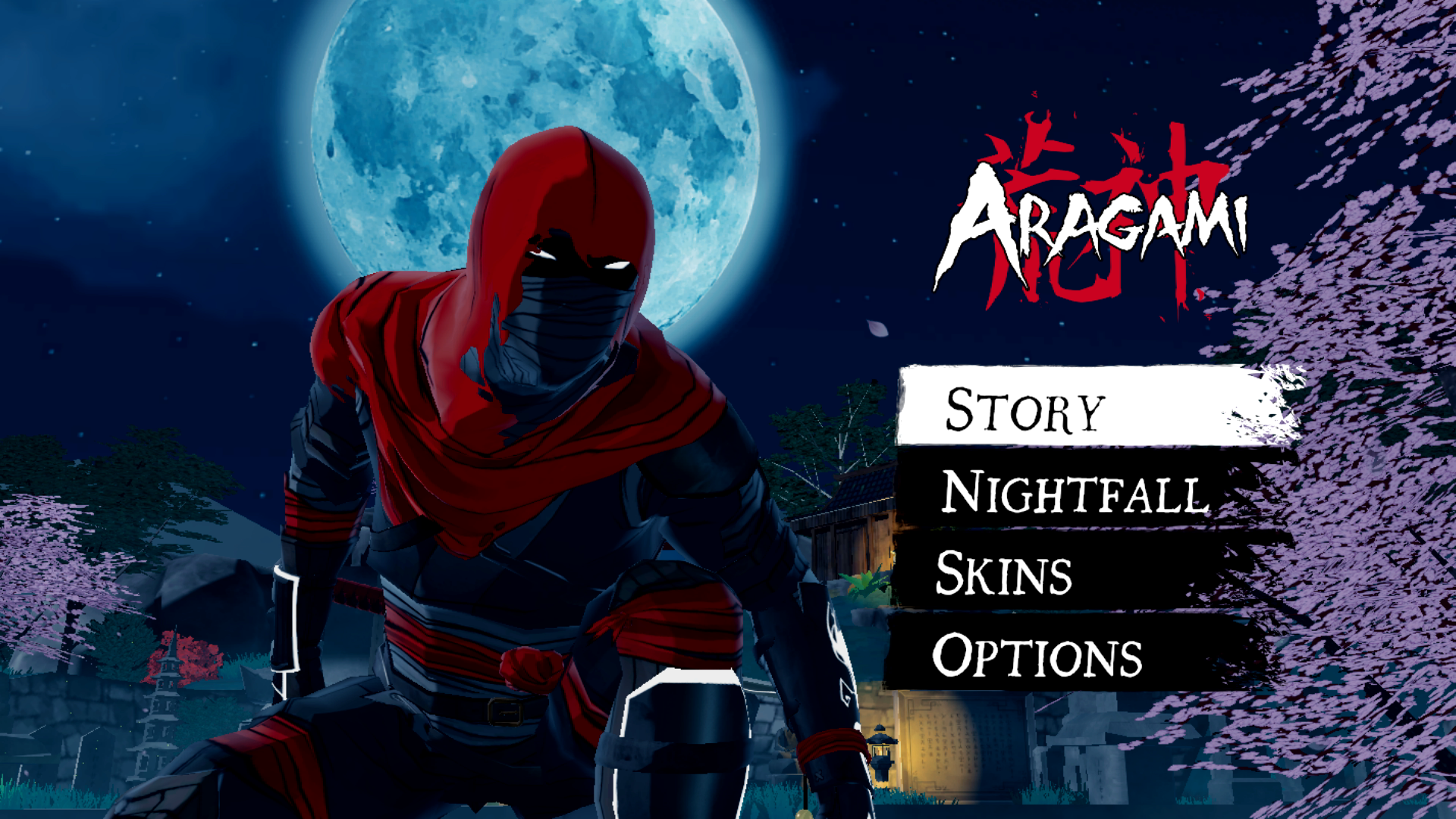Aragami Shadow Edition
Return To The Shadows, Aragami
A month ago we looked at Aragami 2 on the Xbox Series X, the sequel to 2016's stealth title originally released on the PC. Having no experience with the series, I was impressed with the ambitious Tenchu-inspired stealth gameplay. Despite the game being a tad rough around the edges, Aragami 2 was a pleasant surprise. While I could recommend Aragami 2, how would the original Aragami fare in comparison? Lince Works would provide curious players the source material with a physical release of Aragami.
Contrary to other releases, Aragami Shadow Edition is the "definitive" edition of the original, including bonus skins and the DLC Nightfall. Having looked at both Nightfall and Aragami, the original is a totally unique experience. Aragami would introduce mechanics that wouldn't transfer into Aragami 2 for the better. As I played more of the original, it felt less like a prequel and more like a different game entirely. One of these mechanics was the way shadows influenced the Aragami.

The Light Is Your Enemy, But The Shadows Are Taxing
In Aragami, the shadows are the source of the player's power as its primary resource for everything the player does. Aragami has access to his powers, determined by the glow on his cape, including the ability to shadow jump. With shadow jump, traveling between locations and through obstacles is as easy as finding a shadow source. Eventually, the Aragami can create shadows of his own in order to shadow jump at the cost of his resource. In deep shadows, Aragami can recover his energy over time but in bright light, his energy drains. This, along with the enemies in-game, will become the source of player frustration. The light, simply put, is truly evil.
The enemies that players will fight in both the base game and Nightfall are attuned to light, meaning that they instantly succumb to Aragami's darkness. Upon a successful stealth attempt, the Aragami will kill them without fail, however, the same can be said for a regular kill. Likewise, as the enemies are light-based, any attacks done towards the Aragami are an instant kill. The "one-touch kill" mechanic that Aragami thrives in, encourages proper play. There is almost no room for errors as one mistake can prove fatal, forcing the player several minutes back. Nightfall adds some new powers, but the levels provide a greater challenge than Aragami's base game.

Aragami's Problems Makes The Sequel A Work Of Beauty
Compared to its sequel, Aragami is a simple game when looked at by itself. Each level is sequential, appearing one after the other complete with ranking systems after each chapter. It is also a "one-touch one-kill" action game, with resources dependant on the available shadow source. In Aragami 2, the game completely overhauls Aragami's mechanics, keeping only the "shadow jump" and its visual effects.
Instead of a one-touch kill mechanic, the player can engage in swordfights in Aragami 2. Players can pick up dead bodies, hiding them from sight. Other qualities of life changes include a recoverable shadow resource and the ability to hang from a ledge. Instead of a level system, Aragami 2 has an in-game HUB that serves as the game's main menu system. All of these improvements wouldn't be possible were it not for the original's rough attempts at attaining the same results.

The Aragami's Past Should Remain Shrouded
Overall, Aragami is a recommendation and not because it's a good game. In my honest opinion, it's not a great game by any means in 2021. However, Aragami Shadow Edition is at least worth a play as its sequel trumps the original in every way. The original serves as a portfolio piece for Lince Games and it's amazing to see how far the developers have come.
Those who are particular to a game's story can rest easy knowing that both games are standalone in their content. Unfortunately, it's time for the original tale of the Aragami to remain shrouded in the shadows. Interested players should play Aragami for historical purposes only and invest in Aragami 2 instead.

Aragami Shadow Edition is available on PC, Switch, PS4, and Xbox One.

